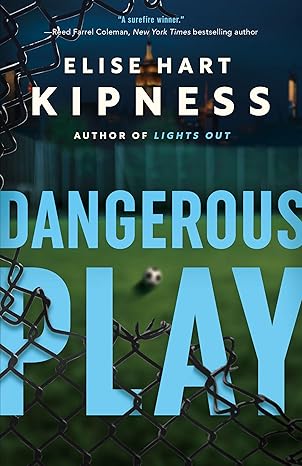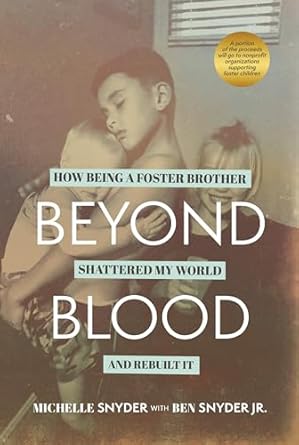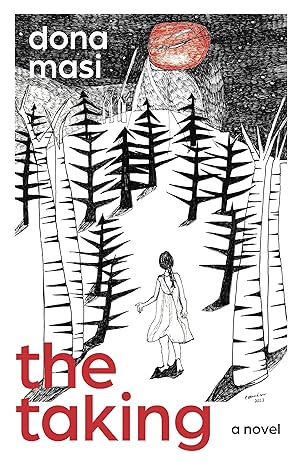Courting Your Characters: Subconscious Writing
 I think of writing as a courtship with my characters. I often ask them questions out loud and usually, after some wrangling, these personas will reveal themselves by page 40. By that point, if I don’t know their deepest desires and what they’ll regret most on their deathbed, I know I am in trouble, that I am missing my mark as a writer.
I think of writing as a courtship with my characters. I often ask them questions out loud and usually, after some wrangling, these personas will reveal themselves by page 40. By that point, if I don’t know their deepest desires and what they’ll regret most on their deathbed, I know I am in trouble, that I am missing my mark as a writer.
It signals that I am not writing from my gut, or rather, tapping into my subconscious mind. At that point, I’ll stop immediately. Self-conscious writing is a waste of time. The things I have written strictly from my head don’t resonate. They don’t land.
My will or ego may get too involved. I might steer the characters toward actions I believe to be compelling. Sometimes I try to be clever instead of trying to be true. But I can feel the artificiality of this convention right away. I can sense when I’m forcing outcomes rather than eliciting them. The narrative should blossom organically. When I’m not attuned to it, I feel it. I stop. I recalibrate. I write again. My characters surprise me. They begin doing things I didn’t intend.
How do you know whether you’re writing is more consciously or subconsciously driven? It’s not easy to articulate but in some ways it’s a question of whether your writing feels more passive or deliberate. While you are in command of your words and your voice, your characters should tell their own stories. You don’t tell them what to do. They speak to you and whisper their intentions. Storytelling is the one part of my life where I can safely say I don’t try to control things. I let the characters control me. Letting go can be hard, in life and in writing.
Subconscious writing is risky. It makes you self-conscious when you exit the zone of regular thought. A bizarre and a terrifying feeling overtakes you. “What the hell is this?” you might ask, reviewing a few paragraphs. “What is he doing? Will people think I’m crazy?” You may start worrying what your editor or readers will think. When self-doubting thoughts arise, I know it’s time for a break.
A writer can never write trying to please others, but by trusting the subconscious mind, you can rest assured that you are closer to tapping into universal truths. The regular conscious brain doesn’t have that kind of access. It is fraught with worries and superficial concerns related to ego. It is out to prove something.
Once you have made peace with your subconscious mind, you need to consciously make room for it. Many writers write every day. At the beginning of a project, I make sure to write at least every Friday. If more than a week passes without my writing, I begin to lose my connections to the characters.
When this happens, I rely on reading writers I admire (Murakami, Atkinson, Cather, and so many others). I read “The Loney” by Andrew Michael Hurley while working on my second book because its prose, mood, and shifty rainy atmosphere were the perfect complement to the late fall setting of this Appalachian town in which my second novel is set. Immersing myself in that mood and setting helps to get my subconscious gears turning.
 I find writing for more than three or four hours utterly exhausting, unless I am deep into the editing process with my editor, in which case, I can sometimes write for longer because the story nags at me too much when I am not working on it. Two is an ideal number and I remind myself that writing one authentic page is a victory. I don’t force myself to write every day either, because I know that “stewing” on a project is quite productive.
I find writing for more than three or four hours utterly exhausting, unless I am deep into the editing process with my editor, in which case, I can sometimes write for longer because the story nags at me too much when I am not working on it. Two is an ideal number and I remind myself that writing one authentic page is a victory. I don’t force myself to write every day either, because I know that “stewing” on a project is quite productive.
I usually write during the hours of 11am and 4pm because to write in the early morning or late at night would be too terrifying. My writing is often dark, the premises moderately disturbing, and I feel like writing during those hours would scare me. I think I would also lose the delicate balance between a well-rested subconscious informing an alert and receptive conscious mind if I didn’t write in the middle of the day. It also helps me to write after meditating. This clears out some of the mental garbage that might block the channel between the conscious and subconscious. Caffeine helps. I am a tad bolder and less sluggish under its influence.
I’ve also found, gratefully, that stew time is just as important as writing time. Relaxing in the subconscious brain, characters feel free to tell their stories unencumbered by the conscious brain’s biases and restrictions. The trick is to sit down after you’ve given those characters several days to hone their thoughts, personalities, and behaviors.
While some elements of my writing process mystify me and are thus difficult to articulate, I am confident in my assertion that characters like to be courted, not unlike ghosts who wait just on the fringes of reality gazing at us, hoping we will stop worrying about our own trivial concerns long enough to imagine them into existence.
—
Taylor Larsen is a graduate of Columbia University’s MFA program in fiction writing. Taylor taught fiction writing at Columbia University as part of the Columbia Artist/Teachers faculty and at The Sackett Street Writers Workshop, as well as literature courses for Pace University. STRANGER, FATHER, BELOVED is her first novel. Originally from Alexandria, Virginia, she currently resides in Brooklyn, NY with her husband.
Find out more about her on her website: https://taylorlarsen.com/
Taylor Larsen’s debut, STRANGER, FATHER, BELOVED is “elegant and thoughtful, intelligent and haunting” (Molly Antopol, NBA Finalist for The Unamericans). With the quiet intensity of the film American Beauty, this is a powerful and moving story about the fracturing of a family and its descent into chaos.
“The delicate balance of family relationships, and the yearning for something more, lie at the heart of Larsen’s debut novel. Many of the components… feel familiar and even a bit retro (think Updike or Cheever). Larsen makes her elements fresh with the quiet authority of her prose and the ease with which she transitions from the perspective of one main character to another. This is an intimate and involving story by a promising new voice.”
—Publishers Weekly
“A mesmerizing, unsparing exploration of one man’s descent, told in subtle, precise language that is reminiscent at times of Raymond Carver, Haruki Murakami, and Carson McCullers, but entirely Larsen’s own creation; a wonderful debut.”
—Karen Russell,
Pulitzer Prize Finalist and author of Swamplandia! and Vampires in the Lemon Grove
Category: Contemporary Women Writers, How To and Tips

















Comments (2)
Trackback URL | Comments RSS Feed
Sites That Link to this Post